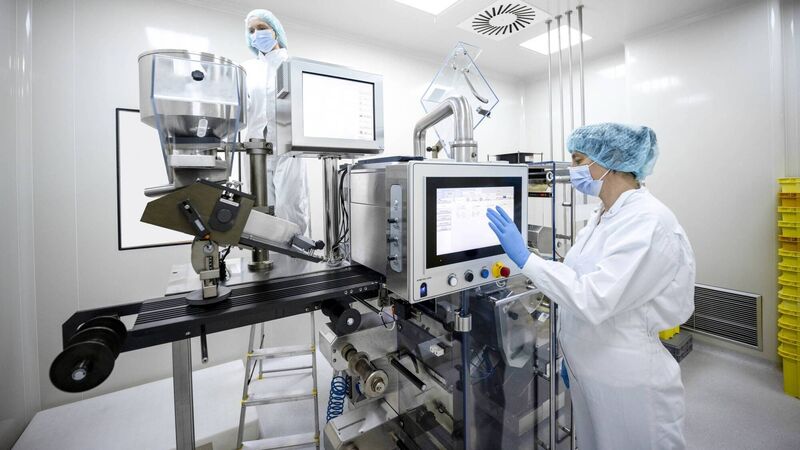The tariff war is coming for Irish workers

The government should introduce specifically tailored global market diversification grants for Irish exporting companies.
The frontloading of exports by the multinational sector in Ireland to the USA in the spring, ahead of the tariff deal in July, and which hit the zenith value of €25.7bn in March, has now registered a dramatic drop to €4.4bn in June.
This was to be expected. But, this could well be the turning point towards more adverse economic conditions and an almost certain downturn in 2026.











